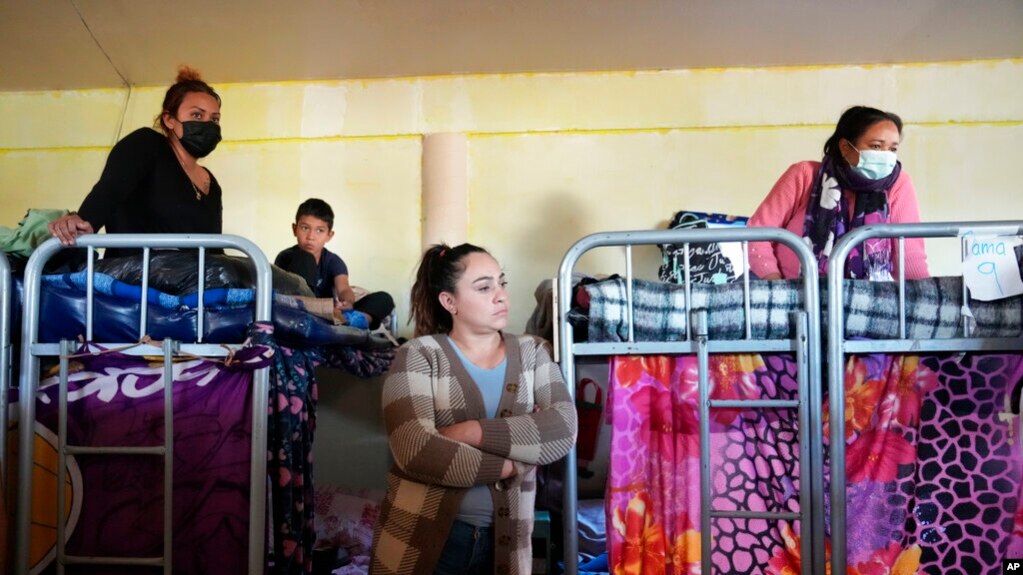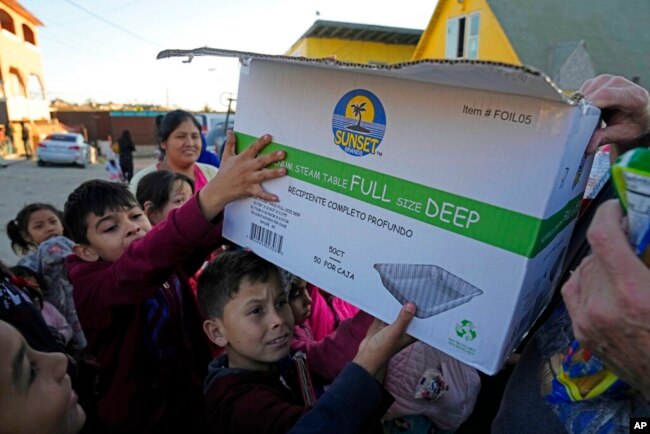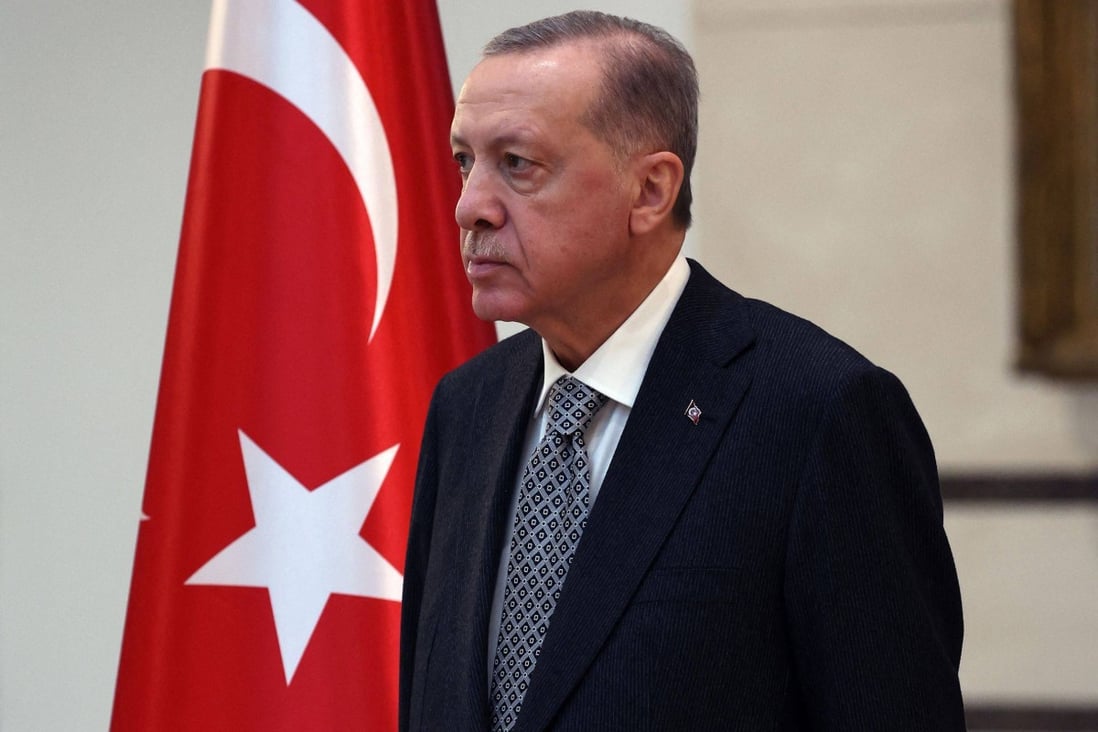(Bloomberg) -- The Philippines is preparing to establish a sovereign wealth fund, a move that’s being pushed by Ferdinand Marcos Jr., the late dictator’s son who became president earlier this year, but is seen as controversial by some observers.
The proposal for the fund faced a backlash soon after Marcos’s allies filed it in Congress. Even the central bank chief, Felipe Medalla, initially expressed reservations, questioning how it would be governed and drawing a comparison to the scandal-tainted Malaysian state investment fund 1MDB.
The bill was revised after a public outcry: the fund will no longer dip into people’s pension savings and the central bank’s reserves. A new version that says it will get money from state-owned banks has won the support of lawmakers and is likely to be passed.
Here’s what you need to know about the proposed fund and its controversies.
What’s the plan?
The wealth fund’s stated objective is to get the most out of government assets by investing in stocks, corporate bonds, commodities, foreign currencies and infrastructure projects, among others. The money generated will then be used for social-welfare projects, paying dividends to contributors and so forth.
The fund will secure capital from two state lenders: 50 billion pesos ($899 million) from Land Bank of the Philippines, and 25 billion pesos from the Development Bank of the Philippines. The central bank will also contribute all its dividends for the first two years of the fund’s operation. Other state-run companies and private-sector financial institutions, including foreign ones, can also chip in. Marcos has said that he hopes a wealth fund will help boost foreign investments in the Philippines.
In subsequent years, Bangko Sentral ng Pilipinas will put in half its dividends and use the other half to increase its own capital. The fund will also receive annual contributions from gaming revenue, natural resource royalties and proceeds from government asset sales and public borrowing.
A board of directors led by the finance minister will manage the fund, which will be subject to internal and external audits.
Why now?
This isn’t the first time setting up a sovereign wealth fund has been floated in the Philippines. A similar proposal was filed during the previous administration, but it didn’t advance in the legislature.
What’s different now is that Marcos and his government are strongly backing the idea. They say it would help boost economic growth and give the government more fiscal leeway. Even Medalla, the central bank governor who initially aired concerns, is now supportive, seeing the revised proposal as a way to attract foreign investors.
What are the concerns?
The biggest worry is the potential for corruption. In Southeast Asia, the goings-on at 1Malaysia Development Berhad are never far from people’s minds. Former Malaysian Prime Minister Najib Razak began a 12-year prison sentence this year for his involvement in the multibillion-dollar scandal linked to the troubled fund.
The Philippines has many cautionary tales of its own of giving those in power unhampered access to state resources. Marcos Jr.’s own father was ousted by a mass uprising in 1986 after some $10 billion was allegedly siphoned during his two-decade rule.
“This muddled, inconsistent and redundant bill is only setting” the planned wealth fund up for “failure and will only enable cronyism, rent-seeking and corruption,” economic think tank members, university professors and former senior government officials said in a statement.
Still, the Congress proposal mandates that international standards be followed to safeguard the wealth fund, and requires its board to create a risk-management unit.
Another concern is that wealth funds usually invest surplus funds but the Philippines has been running fiscal and trade deficits.
What’s next?
The bill will go to the Senate after it was quickly passed by the House of Representatives, winning approval in just 18 days while other bills take months to go through. Senators aligned with the president form a majority. Marcos has declared the bill urgent, allowing for faster approval. Once endorsed by both houses it will be signed into law by the president.
For some observers, this is far from good news.
“There is no urgency and necessity for the enactment” of this bill, said lawmaker Edcel Lagman, one of the six who rejected the proposal in the 312-member House. “We must bail out our people today from poverty, inflation and the dire prospects of recession, rather than investing in long-term ventures.”
©2022 Bloomberg L.P.





















